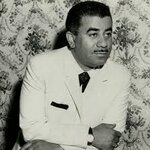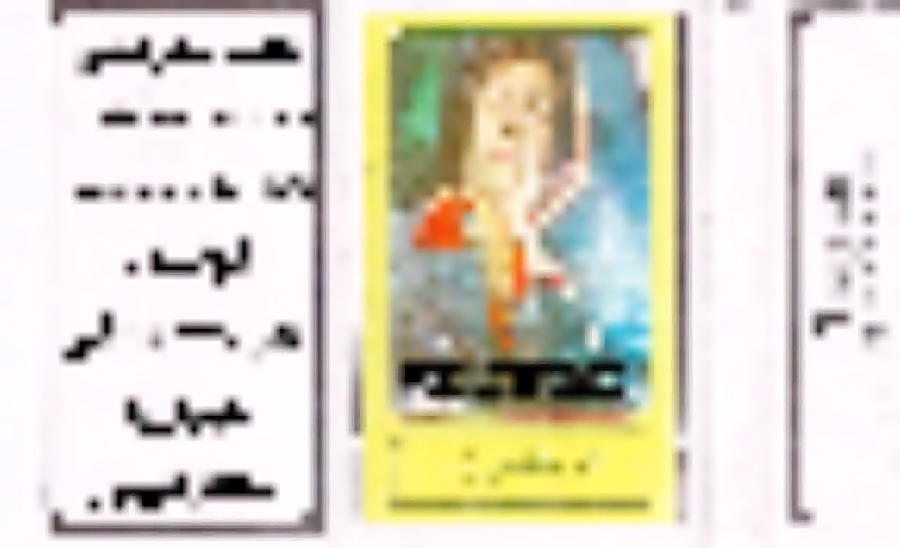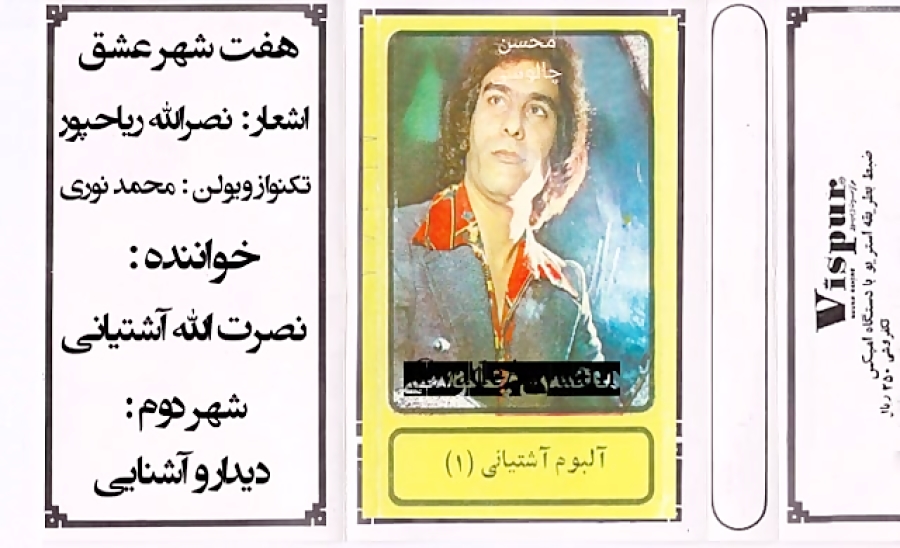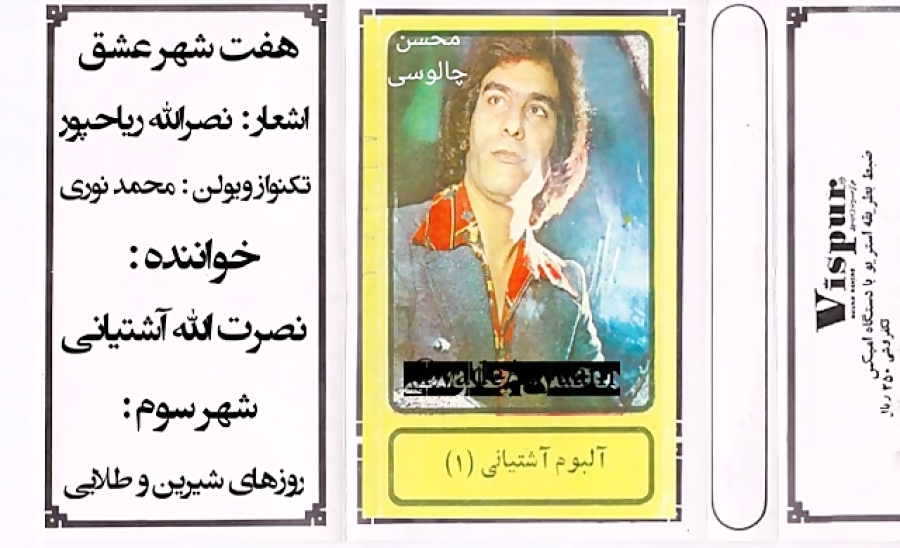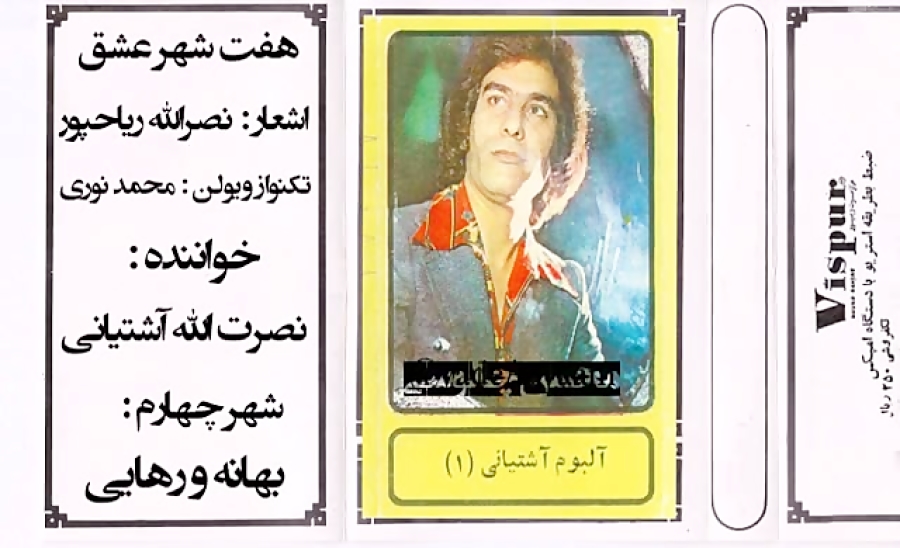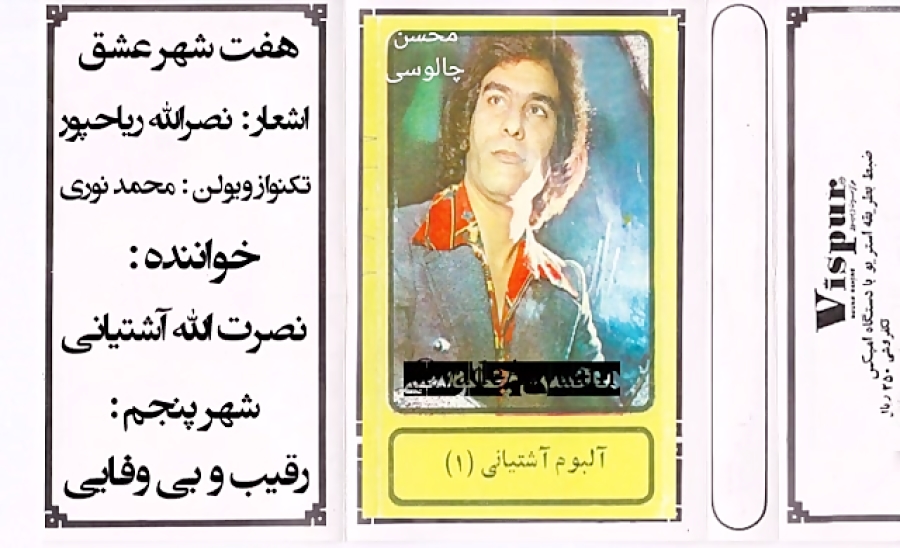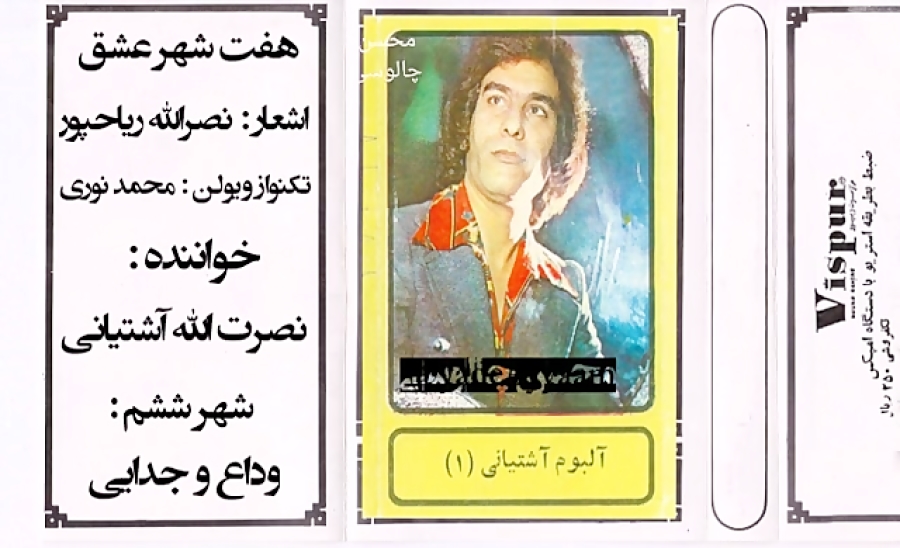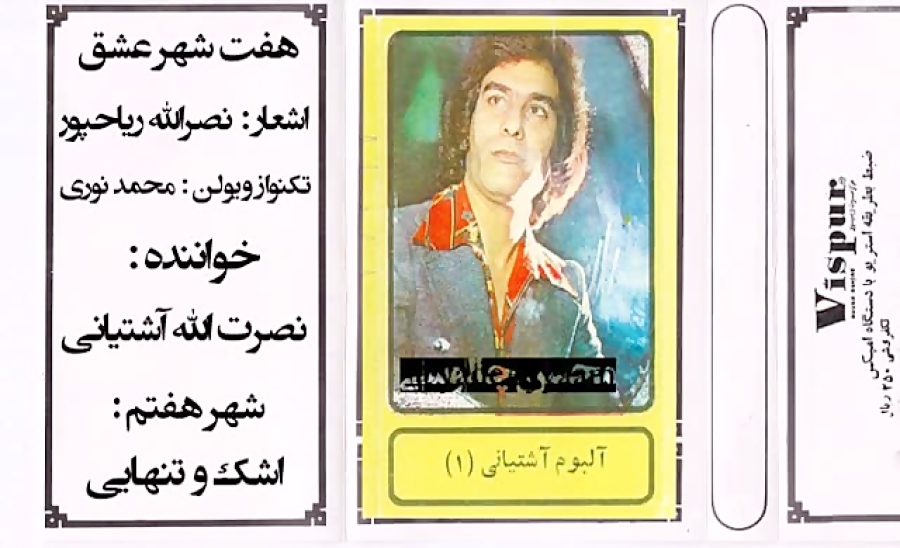ARTESH
Chief Master Sergeant
"Koocheh Bazarai" music is a collection of old Iranian music that was formed in Lalehzar due to the growth of music in the late 1950s.
The main reason for naming this style of music "Koocheh Bazari" was that the songs of this style were sung loudly in the bazaar and local alleys of Lalehzar.
Koocheh Bazari music is mostly mixed with oud, tonbak, flute, tempo, dulcimer, violin, fiddle, strings, harp, law and a form of Arabic music. It was the lower and middle class of society. The one who brought this style to life more than other singers was Qasem Jebeli.
This style was performed in Lalehzar cafes; If such a style was rarely used in first-class nightclubs on Pahlavi Street (Valiasr); Because the affluent class was more interested in pop, rock and jazz songs. At that time, this style was a change in traditional Iranian music; Because the listener of Iranian music was tired of the sound of traditional music and songs accompanied by writing and needed more joy to listen; But at the same time, it was mostly accompanied by burning and sad music. The remarkable thing about this music was that because most of these songs were performed in Lalehzar Bazaar alleys and were often less released as albums, they were short-lived and disappeared with the arrival of the 1979 revolution and the closure of Lalehzar cafes.
Some of the singers of this style can be Qasem Jebeli, Nematollah Aghasi, Javad Yasari, Abbas Ghaderi, Soosan, Hossein Movafaq, Davood Maghami, Iraj Habibi, Hossein Faraji, Iraj Mehdian, Mahvash, Parivash, Afat, Jalal Hemmati, Jamal Vafaei, Amir Shamloo , Amanullah Tajik, Roohparvar, Deljoo, Susan, Gita and Azita.
موسیقی کوچهبازاری - ویکیپدیا، دانشنامهٔ آزاد
The main reason for naming this style of music "Koocheh Bazari" was that the songs of this style were sung loudly in the bazaar and local alleys of Lalehzar.
Koocheh Bazari music is mostly mixed with oud, tonbak, flute, tempo, dulcimer, violin, fiddle, strings, harp, law and a form of Arabic music. It was the lower and middle class of society. The one who brought this style to life more than other singers was Qasem Jebeli.
This style was performed in Lalehzar cafes; If such a style was rarely used in first-class nightclubs on Pahlavi Street (Valiasr); Because the affluent class was more interested in pop, rock and jazz songs. At that time, this style was a change in traditional Iranian music; Because the listener of Iranian music was tired of the sound of traditional music and songs accompanied by writing and needed more joy to listen; But at the same time, it was mostly accompanied by burning and sad music. The remarkable thing about this music was that because most of these songs were performed in Lalehzar Bazaar alleys and were often less released as albums, they were short-lived and disappeared with the arrival of the 1979 revolution and the closure of Lalehzar cafes.
Some of the singers of this style can be Qasem Jebeli, Nematollah Aghasi, Javad Yasari, Abbas Ghaderi, Soosan, Hossein Movafaq, Davood Maghami, Iraj Habibi, Hossein Faraji, Iraj Mehdian, Mahvash, Parivash, Afat, Jalal Hemmati, Jamal Vafaei, Amir Shamloo , Amanullah Tajik, Roohparvar, Deljoo, Susan, Gita and Azita.
موسیقی کوچهبازاری - ویکیپدیا، دانشنامهٔ آزاد

